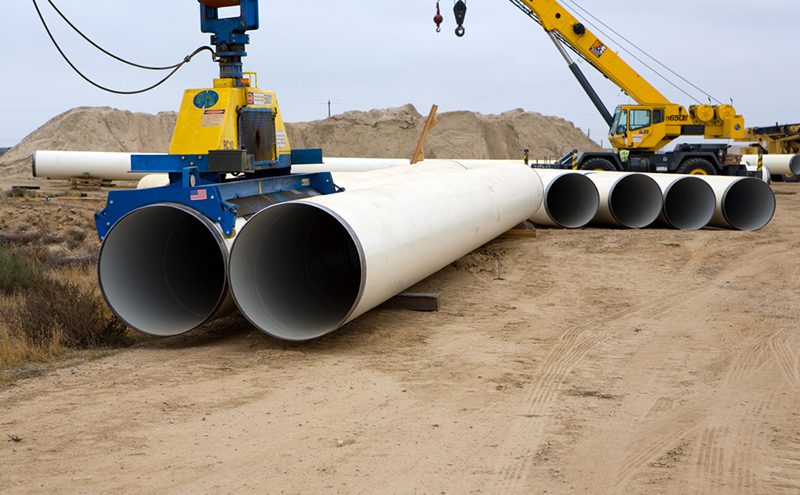
Less than a third of engineering firms surveyed can effectively measure their impact against the UN Sustainable Development Goals (SDGs), according to a new study by the Institution of Civil Engineers (ICE) and the Nathu Puri Institute, published on 26 September. This is despite 87% of engineers believing it important to report and measure their impact against the UN SDGs.
This ‘measurement gap’ risks limiting progress if projects are not effectively evaluated, and lessons cannot be shared as a result.
“The work that engineers do is vital for sustainable development, improving people’s quality of life while preserving our planet. It’s clearly wrong that we cannot adequately measure progress against the fundamental challenge of our era. We risk wasting precious time and resources,” said Nathan Baker, ICE Director of Engineering Knowledge.
Younger engineers are both more likely to prioritise activity on certain sustainable development goals such as climate action, and to believe in the importance of reporting and evaluation. According to the research, nearly 70% of millennial engineers rated climate change as a priority SDG, compared with only around 50% of non-millennial engineers. This means the ability to report and demonstrate an impact on sustainable development will only grow in importance as these engineers take on leadership roles.
In response, ICE is to use the forthcoming Global Engineering Congress (GEC 2018) to agree new approaches to evaluating and measuring progress against the UN SDGs by major engineering projects.
This initiative will form an important element of ICE’s ambition to use GEC 2018 to agree a collective plan for the global engineering community to help deliver the UN SDGs. GEC 2018 will see 2,000 engineers and policymakers from 150 nations meet in Westminster for the five-day congress from the 23rd of October 2018.







